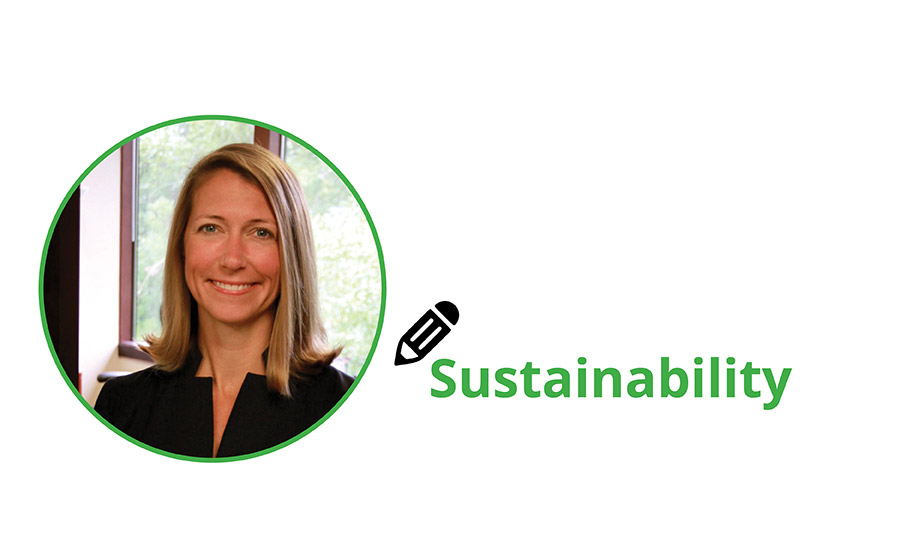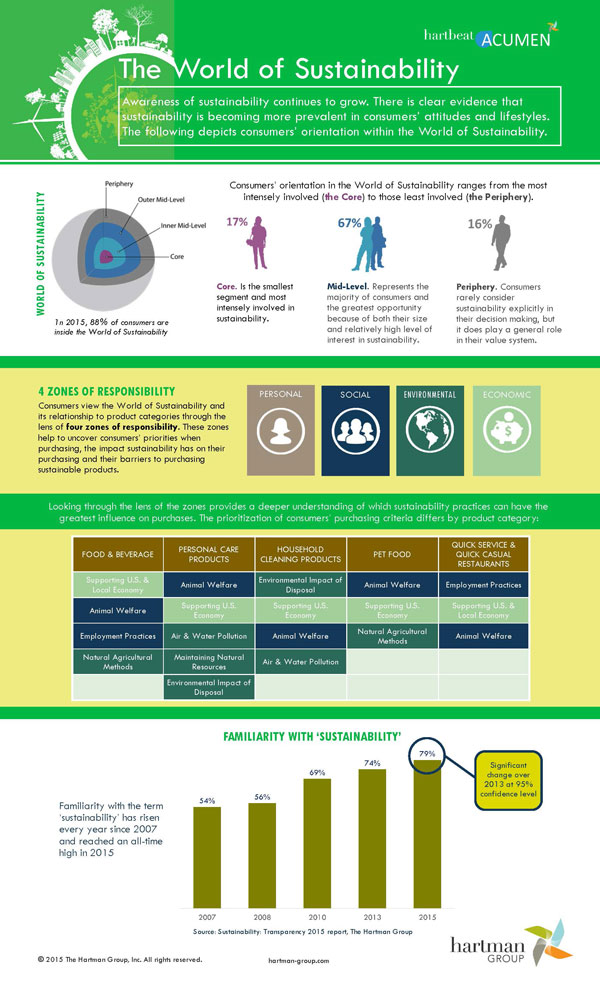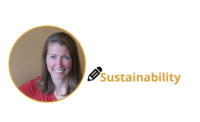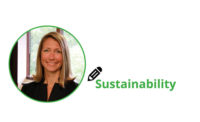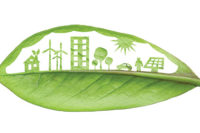We’ve entered a new era in terms of social focus on an array of topics intersecting with sustainability. In any given week, we see stories postulating whether “locally grown” rather than organic food might be a means of eating better, while others question what the long-term effects of climate change will have on the global food supply.
Since The Hartman Group first dipped its proverbial toes into the study of consumer behaviors and sustainability more than 25 years ago, there has been profound change in this area: Alternative energy has gone mainstream, electric cars are commonplace, energy efficiency is top-of-mind, and an increasing number of consumers claim that their purchasing decisions are influenced by environmental and social well-being. Our research has shown that in 2015, 29 percent of people said they usually, or always, vote with their dollars, compared to 26 percent in 2013.
The Hartman Group’s social scientists have witnessed, for decades, average consumers contemplating the maze of headlines, claims, jargons, certifications, and corporate and public-interest platforms that make up the complex world of sustainability. Today, this world is many-headed and touches on a breadth of products, services and industries.
When presented to the public, sustainability is typically translated by the media, industry and various public-interest groups through a variety of emotionally charged lenses that seek to report on and measure various attempts to ameliorate a number of largely self-created risks posed to human, animal, plant and global health. Socially conscious terms like “ethical consumption,” “sustainability,” “environmentalism,” “organic and natural” and “fair trade” are now so regularly used that they have entered into everyday dialogue.
Despite so much conversation about sustainability among industry, public-interest and media stakeholders, we seldom see any meaningful analysis of how consumers themselves perceive the term “sustainability.” More importantly, what does the consumer’s understanding of sustainability mean for companies?
With four of every five consumers now claiming familiarity with sustainability, awareness has reached record levels. Expectations of sustainable company practices and transparency around those practices will continue to grow, particularly as media, retail and foodservice establishments help raise consumer consciousness. Manufacturers will benefit from taking into account these narratives when considering their own communication.
The link between sustainable company practices and direct consumer purchases continues to grow. We expect to see continued growth for those companies that can link and effectively communicate personal and social benefits tied to their sustainable practices.
Consumers expect companies to be open and honest about their products and practices, and are willing to support those that are. Transparency about where products are made, especially local products and those made in the U.S., is of highest importance. Consumers also want transparency regarding how products are made and where ingredients are sourced. For consumers, these concerns far outweigh knowing about a company’s other sustainability efforts.
Companies can earn consumers’ trust by being more open about the above-mentioned practices. Heightened attention to social benefits around animal and employee welfare are increasingly demanding honesty and transparency, as well. Companies avoiding any discussion around these practices, including their stance on GMOs, will find it increasingly difficult to build consumer trust.
The welcome mat is out for companies to share more about their products and practices. A large majority of consumers trust that what a company says about its sustainability efforts is true and want to be able to easily access information on companies and their sustainability efforts. With almost half of consumers (46 percent) using the Internet to do so, companies need to monitor and effectively manage all internal and external online sources of information to optimize communications.
